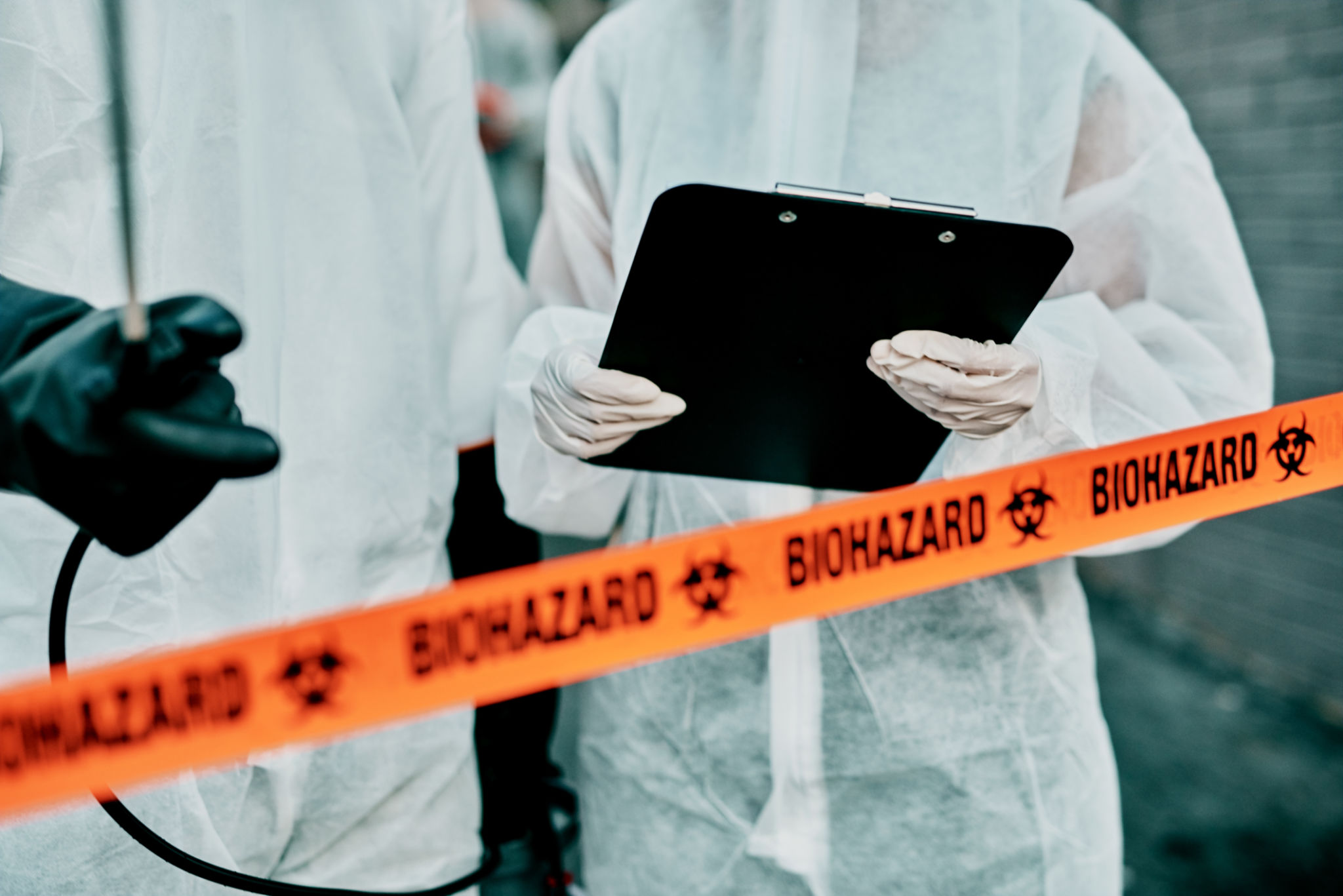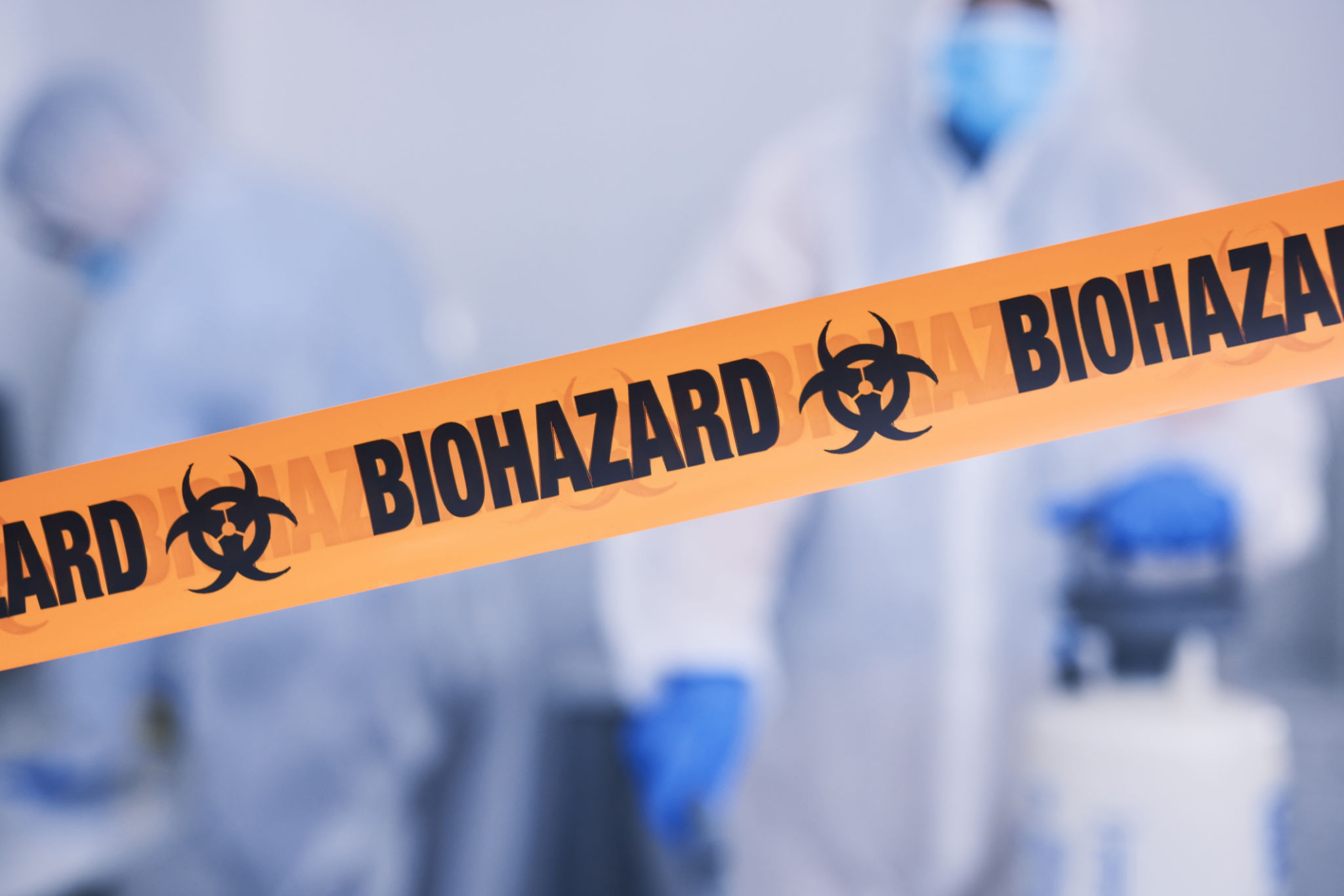Myths About Crime Scene Cleaning Debunked: What You Need to Know
Crime scene cleaning is a specialized field that often carries a shroud of mystery and misunderstanding. With popular media sometimes misrepresenting the realities of the job, it’s easy for myths to form. This post aims to debunk some of the most common misconceptions about crime scene cleaning.
Myth 1: Crime Scene Cleaners Are Part of Law Enforcement
One of the biggest myths is that crime scene cleaners are part of the police force or involved in criminal investigations. In reality, crime scene cleaning is a separate, private service. Cleaners are not responsible for collecting evidence or solving crimes; their primary role is to restore the area to a safe and sanitary condition after the authorities have completed their work.
These professionals are trained in biohazard removal, decontamination, and the safe disposal of hazardous materials. Their work is crucial in ensuring that a scene is not only clean but also free of potential health risks.

Myth 2: It’s Just Regular Cleaning
Another common myth is the belief that crime scene cleaning is no different from regular cleaning services. In truth, crime scene cleaning involves specialized procedures and equipment to handle hazardous materials like blood, bodily fluids, and other biohazards. These materials can pose significant health risks if not handled properly.
Specialized Training and Equipment
Crime scene cleaners undergo extensive training in biohazard handling and use specialized equipment to ensure safety and thorough decontamination. This includes the use of personal protective equipment (PPE), industrial-strength cleaners, and advanced sanitization technologies.
Additionally, each scene presents unique challenges that require tailored solutions, further distinguishing crime scene cleaning from everyday cleaning tasks.

Myth 3: Anyone Can Do It
Some people assume that anyone can handle crime scene cleaning with the right supplies. However, this field demands not only specialized training but also a particular mental and emotional fortitude. Crime scenes can be distressing, and cleaners must maintain professionalism and composure in challenging environments.
Emotional Resilience and Professionalism
Being a crime scene cleaner requires a strong sense of emotional resilience and professionalism. Workers are often exposed to traumatic scenes and must provide compassionate, discreet services to affected families and communities.

Myth 4: Cleanup Is the Responsibility of Law Enforcement
Many people mistakenly believe that the police or other law enforcement agencies handle crime scene cleanup. In fact, once the investigation is complete, the cleanup responsibility falls to property owners or families. Hiring professional crime scene cleaners is essential to ensure the area is properly sanitized and safe for use.
Understanding these myths helps clarify the vital role crime scene cleaners play in restoring safety and normalcy after traumatic events. Their work, while often misunderstood, is a crucial service that supports public health and community healing.
